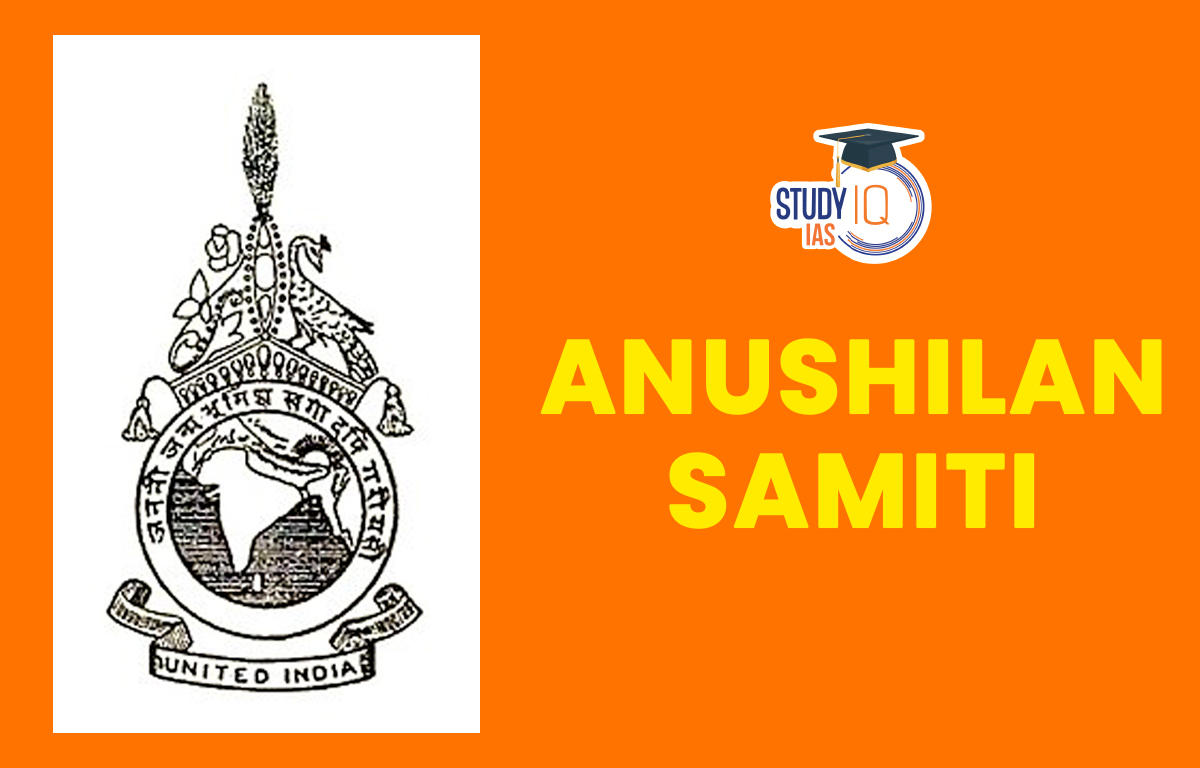Reference




Reference




OpenAI's Answer
The Anushilan Samiti and Jugantar played pivotal roles in India's struggle for independence by fostering revolutionary activities aimed at ending British colonial rule.
Anushilan Samiti
-
Formation and Purpose: Established in the early 20th century, the Anushilan Samiti was formed to cultivate a spirit of nationalism and resistance against British rule in India. Its foundation was a response to the moderate methods of the Indian National Congress, promoting the idea of revolutionary violence to achieve independence source.
-
Activities: The group emphasized martial training, physical fitness, and social responsibility. Members engaged in both propaganda and covert armed attacks on British officials and institutions source.
-
Impact: The Anushilan Samiti inspired many revolutionaries and was instrumental in spawning other groups, including Jugantar, which became a significant part of Bengal's revolutionary network source.
Jugantar
-
Formation and Operations: Jugantar, also known as Yugantar, was initially an inner circle of the Anushilan Samiti and operated as a secret revolutionary trend in Bengal. It started as a suburban health and fitness club but was primarily a front for revolutionary activities source.
-
Role in the Independence Movement: Jugantar played a notable role during the Quit India Movement of 1942, organizing agitations and coordinating activities against the British from Kolkata source.
-
Literary Contributions: Jugantar also created a weekly journal which significantly contributed to the nationalist movement in Bengal. This included contributions from prominent leaders like Sri Aurobindo source.
Both organizations were integral in fostering a revolutionary spirit and challenging British authority through their covert activities and strategic planning, making them crucial components of India's independence movement.